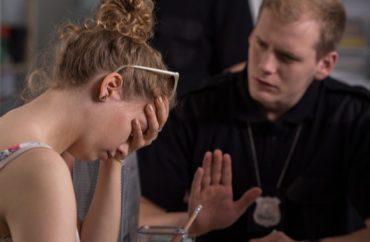
Faculty petition against private police makes no mention of crime problem
More than a year ago, student protesters shut down a Johns Hopkins University administrative building for a week to protest its planned police force. The administration argued it needed its own force because of years of increasing crime – including a 1,000 percent spike in aggravated assaults – adjacent to its East Baltimore campus.
Now that the idea of police itself has become toxic in higher education circles, the private university has indefinitely shelved its plan.
The administration announced Friday that it will “pause” development of its own force “for at least two years” as a response to “the national re-evaluation of policing in society brought about by the death of George Floyd at the hands of Minneapolis police.”
President Ronald Daniels, Dean of Medical Faculty Paul Rothman and Johns Hopkins Health System President Kevin Sowers cheered the nationwide protests against the death of George Floyd as an appropriate response to “the long and grotesque history of systemic racism that has shaped this nation and its institutions.”
They admitted that the university had successfully sought legislative approval for its own police force “because of the sustained surge in violent crime directly impacting our students, faculty, staff, and neighbors.” The administrators said the approved legislation was responsive to demands for “training to address racial bias, excessive force, and de-escalation” and “increased transparency and accountability.”
Yet no matter how thoughtfully John Hopkins implements a police force, many in its community “see no role whatsoever for sworn policing” while others want a “fundamental and vigorous reimagination” of policing that goes beyond the “best practices” proposed for the university’s police.
The administrators justified a pause of at least two years so that the university’s leaders “in areas such as health disparities, mental health, and addiction” can contribute to the debate. They also cited legislative efforts on police reforms locally, statewide and nationwide.
MORE: Here’s how students can sue Johns Hopkins shutdown protesters
Yet the university’s core aim is to “invest in alternative approaches to reduce to the greatest extent possible our reliance on policing,” they said. It’s currently working to improve its non-sworn safety and security force through “enhanced training, professional development, and oversight.”
The Washington Free Beacon notes that the administration was facing a faculty petition in the wake of Floyd’s death that called for the abandonment of any police plans. Apparently referring to the Friday announcement, an update at the top reads: “Abandon, not pause. Keep signing JHU. Keep signing Baltimore.”
The petition, which claims to have more than 5,700 signatures as of Monday afternoon, cites “deeply-entrenched racism within law enforcement” and claims that an armed force is “fundamentally at odds with our values as an institution.”
They claim such a force will make it harder to work with the surrounding community:
It is hard to overstate the devastating impact that negative interactions between the Hopkins police and our community partners would have on our professional work and standing in the City. As a University, we need to lead the way in developing alternatives to policing and reimagining how to provide public safety.
The petition does not acknowledge the crime spike that the administration cited to justify creation of its own sworn force in the first place. Recent Harvard research also found a spike in homicides following external investigations into viral incidents of alleged police brutality, suggesting that officers pull back from proactive policing in response.
It’s not clear how many of the signatures on the petition are from Johns Hopkins members and Baltimore residents. It asks people who “support this effort but are not affiliated with Baltimore or Johns Hopkins” to find another way to help, because “your signature on this petition jeopardizes its legitimacy.”
Read the announcement, petition and Free Beacon report.
MORE: ‘Defunding the police could cost thousands of black lives,’ Harvard research finds
IMAGE: Photographee.eu/Shutterstock
Like The College Fix on Facebook / Follow us on Twitter

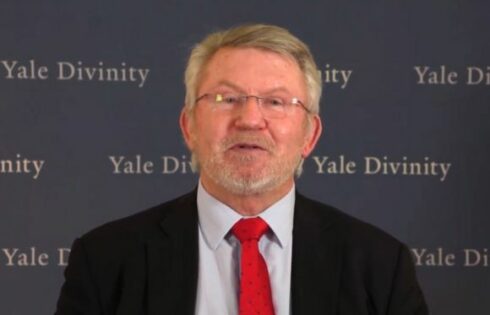
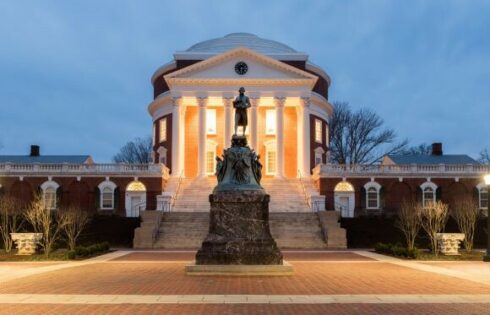
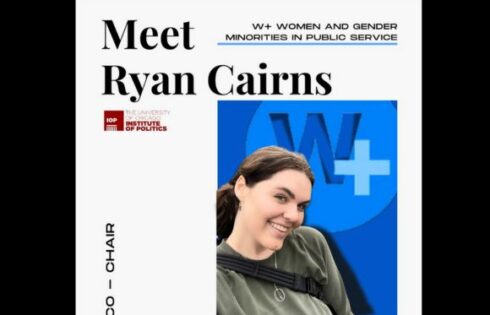
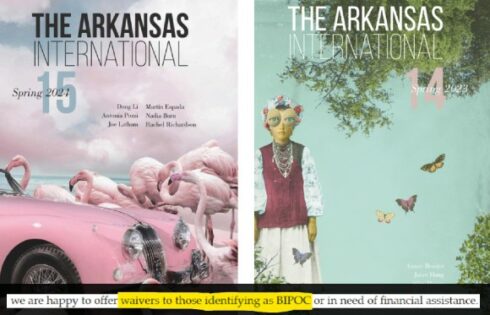

Please join the conversation about our stories on Facebook, Twitter, Instagram, Reddit, MeWe, Rumble, Gab, Minds and Gettr.